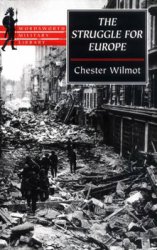B. M. W. KNOX
I. INTRODUCTION
In the context of modern Western thought a title which associates these two words raises expectations that the text so introduced will discuss the influence exercised on written works of the imagination by the doctrines of a religious establishment and the adaptation or critique of those doctrines by the writers of the works. For fifth-century Athens, however, the terms ‘religion’ and ‘literature’ (neither of which has a satisfactory equivalent in ancient Greek) serve to designate activities which differ significantly from their modern counterparts.
Literature, for us, is something written and to be read, but, though there were undoubtedly books and readers in fifth-century Athens, the principal medium of literary communication was not written text but public performance. The Homeric epics were recited by trained specialists who excelled in dramatic presentation; epinician odes for victories won at the great athletic games were sung by a dancing chorus at the victor’s home; dithyramb, tragedy and comedy were competitive events mounted at the city’s expense in the huge theatre of Dionysus. All this is not to say that there were no books or readers in fifth-century Athens; the evidence, literary and pictorial, suggests widespread literacy and even, in the final decades of the century, a book trade. But there can be no doubt that for most Athenians the message of the poets, lyric, epic and above all dramatic, was conveyed not by the written word but by the word spoken and sung.
For the fifth-century Athenian audience the dominant literary phenomenon was the drama. Epic was a voice from the far past; lyric and choral poetry a fading tradition, associated with the aristocratic and tyrannic regimes of the Archaic period. But tragedy and comedy, though their origin can be traced at least as far back as the era of Pisistratus, owed the splendour of their fifth century achievements to the democracy which had played so crucial a role in the defeat of the Persians. The festivals which were the occasion for these dramatic performances, the Dionysia and Lenaea, were high points of the civic calendar; they were also




 World History
World History









